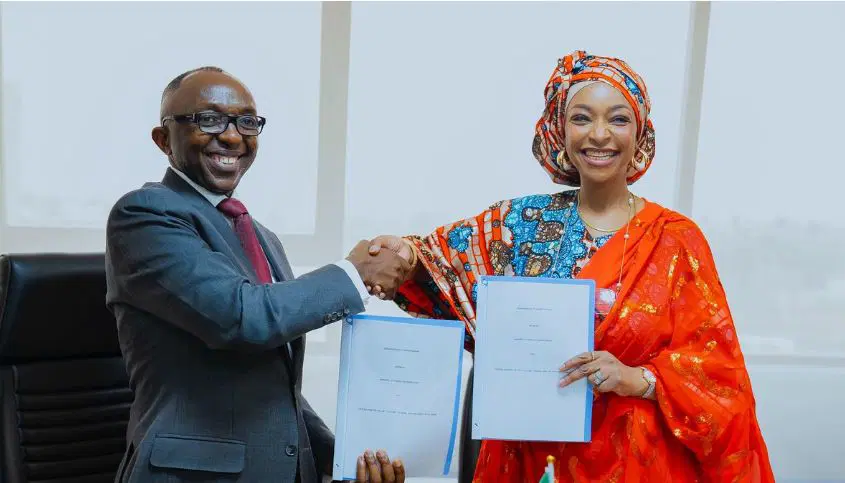CULTURE

MOFI, CULTURE MINISTRY COLLABORATE TO MONETIZE NIGERIA’S CULTURAL ASSETS
In a groundbreaking move to unlock the economic potential of Nigeria’s rich cultural heritage, the Ministry of Art, Culture, Tourism, and Creative Economy has partnered with the Ministry of Finance Incorporated (MOFI) to transform the nation’s cultural assets into revenue-generating investments.
This strategic alliance aims to preserve, value, and commercialize Nigeria’s diverse cultural wealth—ranging from artworks, heritage sites, and festivals to copyrights, digital content, and traditional knowledge. By integrating these assets into the financial ecosystem, the initiative seeks to drive economic growth, attract investments, and create sustainable income streams for both the government and private sector.
Bringing Cultural Assets into the Economic Spotlight
Speaking on the collaboration, Dr. Armstrong Ume Takang, Managing Director and CEO of MOFI, emphasized the urgent need to catalog, value, and securitize Nigeria’s cultural properties.
"For too long, our artistic and cultural treasures have been admired but undervalued. Today, we stand on the threshold of a new era where Nigeria’s rich cultural wealth steps into the spotlight as a key driver of economic transformation," he said.
Takang cited the example of Ben Enwonwu’s famous painting ‘Tutu’, which sold for £1.2 million at a London auction in 2018, while Nigeria’s own National Art Collection remains largely uncatalogued and unvalued. According to him, this initiative will ensure that such assets are no longer overlooked but optimized for economic gain.
Preserving Culture, Boosting the Economy
The Minister of Art, Culture, Tourism, and Creative Economy, Barrister Hannatu Musa Musawa, highlighted that the project aligns with President Bola Ahmed Tinubu’s mandate to leave a lasting economic legacy.
"This initiative is not just about cultural preservation—it is about integrating our cultural wealth into Nigeria’s financial and investment framework. By properly valuing and monetizing these assets, we can create employment, boost tourism, and position Nigeria as a global cultural powerhouse," Musawa stated.
A New Era for Nigeria’s Cultural Wealth
With this initiative, Nigeria is charting a new course—one where its art, history, and heritage are no longer just symbols of national pride but active contributors to economic prosperity. As the country looks toward diversifying its economy beyond oil, the cultural sector stands as a promising frontier, ready to attract local and international investors.
"This represents a significant development in our ongoing coverage of current events."— Editorial Board









